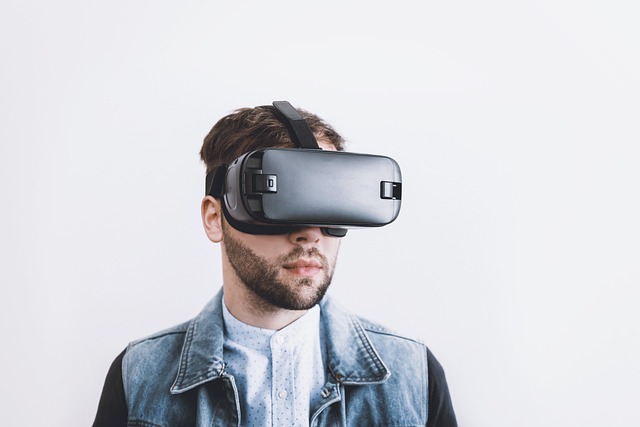Exploring the Future: Advancements in Scientific Simulation
As we stand on the brink of a new technological era, scientific simulation is poised to revolutionize the way we understand and interact with complex systems in the natural world. The marriage of cutting-edge technologies such as virtual reality (VR), augmented reality (AR), and the metaverse opens up tantalizing possibilities that were once confined to the realms of science fiction.
The Rise of Virtual Reality in Scientific Simulation
Virtual reality takes us beyond mere observation, allowing us to immerse ourselves in scientific environments like never before. Imagine stepping inside a simulation of a molecular structure or traversing the landscapes of an ancient world. With scientific simulation, researchers can recreate intricate phenomena, enabling more profound insights into subjects ranging from climate change to molecular biology. VR empowers scientists to visualize data dynamically, facilitating a deeper understanding of complex interactions.
Augmented Reality: Enhancing the Real World
While VR creates an entirely new environment, augmented reality enhances our existing world with informative overlays. In the field of education, AR can transform a simple biology class into a captivating experience where students can interact with 3D models of cellular structures or see the effects of climate change projected onto their surroundings. This interactive approach through scientific simulation not only aids comprehension but also ignites curiosity, encouraging future scientists to explore further.
The Metaverse: A New Dimension for Scientific Collaboration
The metaverse offers a synergistic platform where scientists from around the globe can collaborate in virtual spaces. This convergence of environments redefines networking in the scientific community. No longer limited by geographical boundaries, researchers can share insights, conduct experiments, and visualize results in real-time. The possibilities for advancing knowledge through interconnected scientific simulations are limitless, fostering innovation and accelerating discovery.
Challenges and Considerations
As we embrace these advancements, it’s crucial to acknowledge the challenges that lie ahead. Ensuring accessibility to these technologies and addressing ethical considerations surrounding their use will be vital for the equitable development of scientific simulation. Balancing the potential of immersive experiences with responsibility will shape the future landscape of science and technology.
The horizon of scientific simulation is expanding rapidly, fueled by the imaginative integration of VR, AR, and the metaverse. As we delve deeper into this uncharted territory, we must harness these tools with creativity and ethical foresight, ultimately enriching our understanding of the universe around us.




